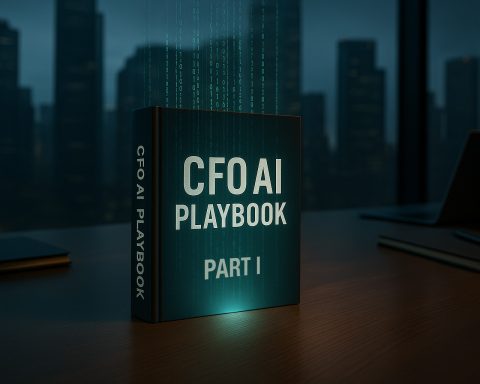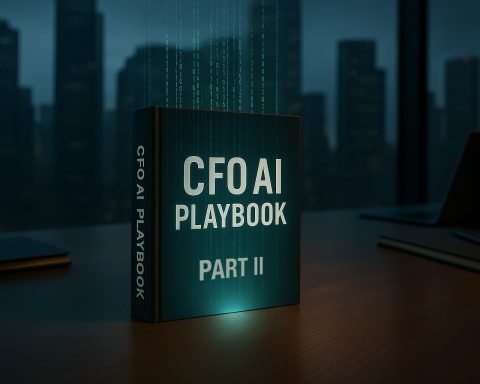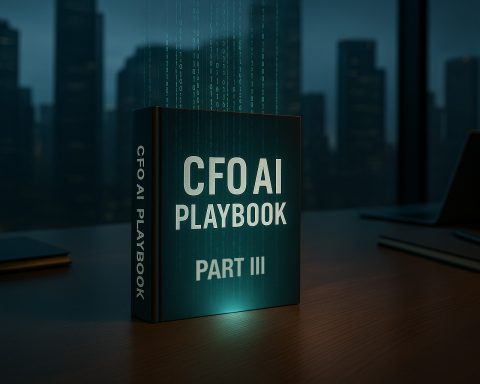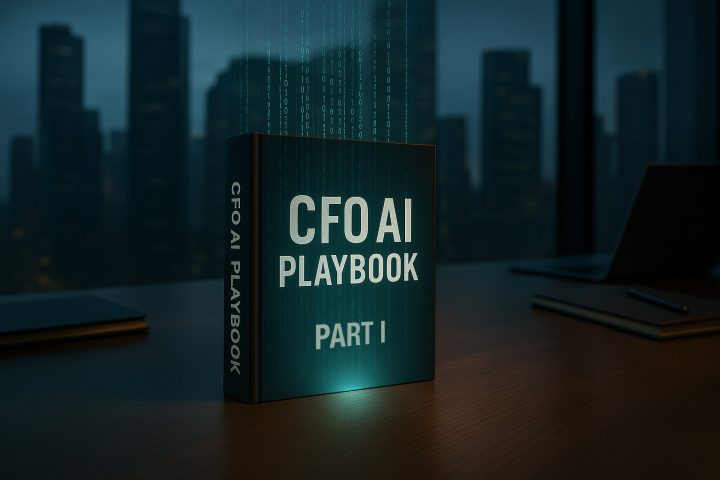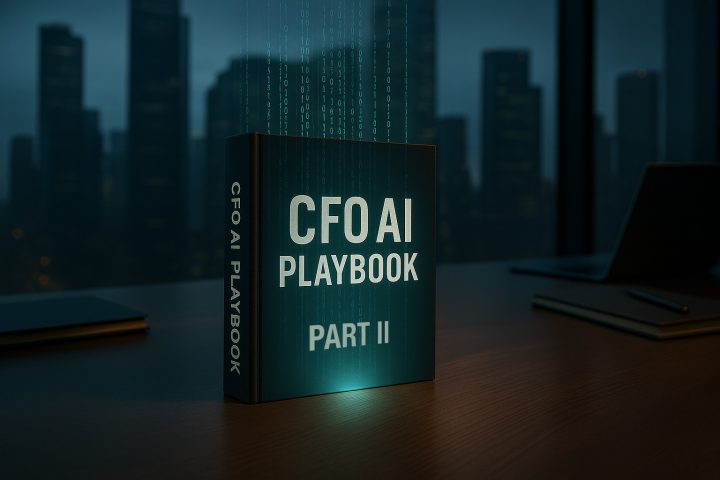Global trade as a percentage of world GDP peaked in 2008 at 64%. Some mark this as the date when the world began to retreat from globalization. By the end of the pandemic a common theme emerged around decoupling from China and shortening supply chains. In recent years, the US has provided significant incentives to reshoring manufacturing, and this has accelerated the trends to decrease global trade in goods. But regardless of these events, the conclusion that the world is retreating from globalization is simplistic and misleading.
The first significant problem with this topic is one of definition. Namely, what is globalization? Is it limited to trade in goods? If so, on this measure the world is becoming more parochial. However, global trade in services has been increasing at about twice the rate of global GDP. Moreover, capital and information flows across borders continue to grow. And finally, for US based companies, government policies have made domestic investment less constrained by regulations and cheaper given the availability of incentives and subsidies.
These topics were covered by Industry veteran Francis Bassolino in a recent virtual presentation to the The Financial Executives Networking Group’s Shanghai, China Chapter. The discussion, imbued with a nuanced understanding of international markets gained through years of experience in the markets, offered critical insights into navigating the shifting terrain of globalization. Special emphasis was placed on the growing relevance of service, capital and information flow sectors, as well as risk management and the role of financial technology. All of which lead Francis to conclude that “The death of globalization is highly exaggerated!”
Dissecting Globalization: Perception Vs. Reality
Bassolino challenges many widely held beliefs about globalization’s decline, showing that international interaction is not fading but evolving in ways to adjust to new dynamics. His fundamental premise is that goods are playing a minor role whereas capital, information and services are the growth sectors of globalization. For example, global trade in services has grown at about twice the rate of global GDP over the past few decades when institutions like the World Bank were bemoaning its decline!
Financial Management Amid Global Trends
Bassolino noted that too many companies are too risk averse, fighting yesterday’s wars such as preparing for the next pandemic. And he emphasized that too much risk avoidance is a form of high-risk behavior, noting: “Risk avoidance behavior limits the potential for returns in a rapidly changing global economy”. Bassolino encouraged financial leaders to prepare for the upside as much as the downside risk. Emphasizing that a secure future requires a nimble, adaptable and responsive posture to global trends. Hiding behind walls will be limiting and counterproductive.
Risk Management in the Global Context
Bassolino then navigated towards the essential topic of risk management in a globalized world. He emphasized that while globalization presents its own set of challenges, it also unveils a plethora of opportunities for those equipped with the right knowledge and tools.
Financial Technology: The New Compass
As financial technology continues to revolutionize the way businesses operate, Bassolino argued its role as a crucial navigational tool within the digital landscape, reiterating its significance for financial leaders in the era of globalization.
In conclusion, Bassolino’s presentation was a stark reminder for financial executives to keep pace with the dynamics of globalization, encouraging leaders to exploit emerging opportunities, and stay informed about global trends in order to sustain strategic decision-making. As the world continues to evolve, it is these insights that will enable financial leaders to steer their organizations to new global realities.
About Francis Bassolino
Francis Bassolino is the Managing Partner of Alaris, a strategy and operations advisory firm. Francis specializes in providing strategic and operational support to companies building businesses in Asia. He implements sourcing programs, develops strategic initiatives and designs global expansion plans. Francis has served clients such as Citicorp, Honeywell, Yao Ming, and TPG. His experiences in Asia over the past 20 years span consumer finance, marketing and manufacturing.
Previously, Francis was a Senior Manager with Deloitte & Touche’s China Business Services group where he focused on corporate finance and conducting financial and operational due diligence for mergers and acquisitions. Other experiences include operations management for a global logistics firm and business management for a large, Asia based conglomerate with interests in real estate, manufacturing and biotechnology.
In addition to frequently speaking at public events, Francis has published articles in the Asian Venture Capital Journal, The Deal, The China Business Review, Forbes, The China Economic Review, The Harvard China Review, and The Journal of Private Equity. He has also aired commentaries on National Public Radio.
Francis holds an MBA from the University of Chicago where he majored in Entrepreneurship and Finance. Francis graduated from the Johns Hopkins-Nanjing University Center for Chinese and American Studies, and was an exchange student at Nanjing University as well as Tunghai University in Taiwan. Francis is currently an adjunct Lecturer of Marketing at the University of Chicago Graduate School of Business.
Francis is a past member of the Council on Foreign Relations (New York). Fluent in Mandarin, Francis resides in Shanghai with his wife and daughter.









